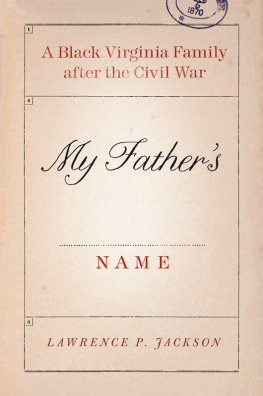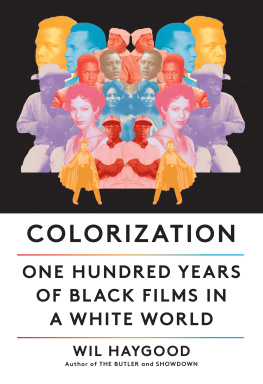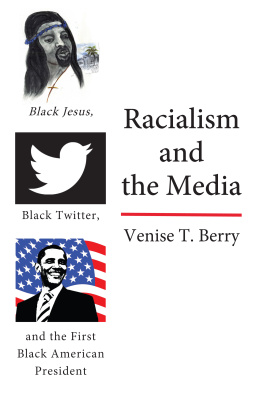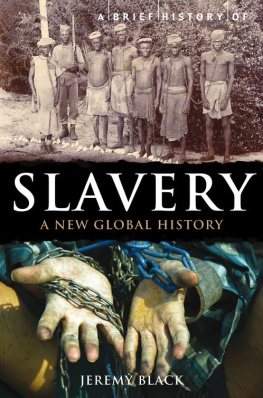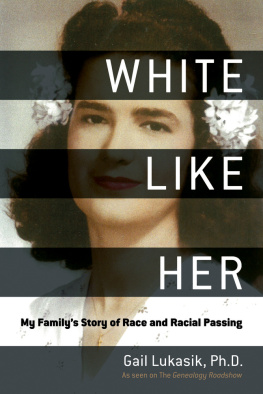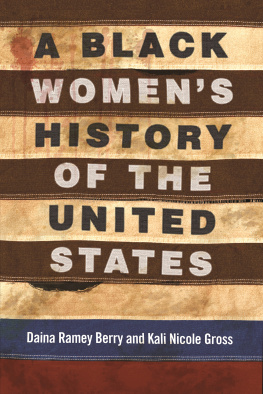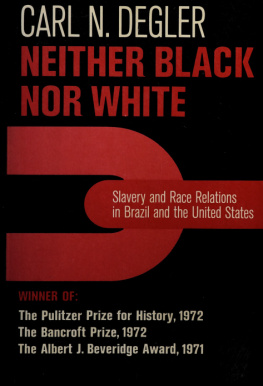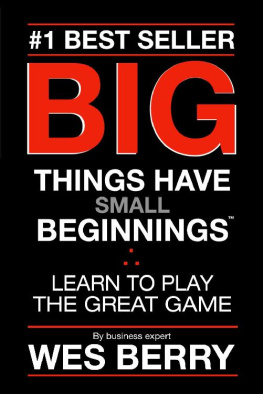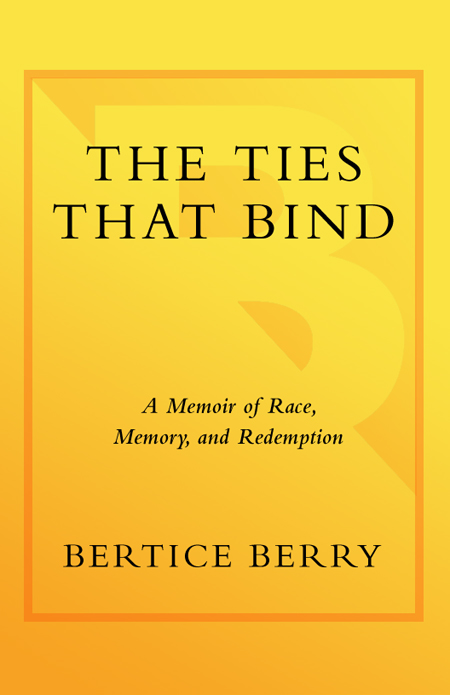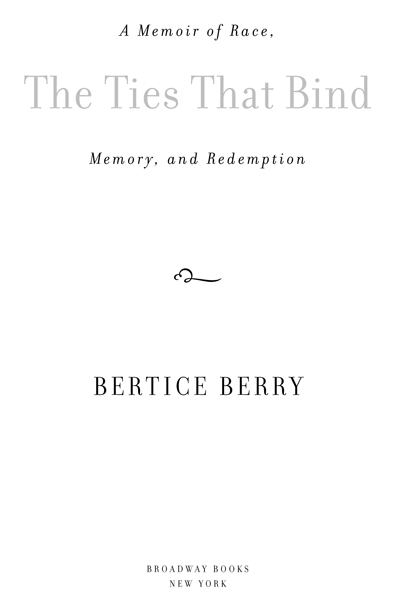PREFACE
Where I'm Coming From
If you ask any Afro-wearing, Nikki Giovanniloving black woman born in the sixties what her greatest fear is, she will tell you that right up there with the fear of her child being pulled over by the policeman who missed his one day of diversity training is the fear of being called an Oreo, or, worse yet, a honky lover.
I grew up with proud role models like Angela Davis, Malcolm X, and Jesus. Somewhere in the mental state of what I call Negrophrenia (a term I coined to describe blacks who distrust whites, but aspire to be like them), I came to believe that all blacks were descendants of African royalty, and that all whites were directly or indirectly responsible for slavery and its repercussions on African American society. When I was younger, I had no time for howdy-do Negroes who shuffled along saying things like, Some of my best friends are white.
I was a soul sista through and through. I worked hard to make sure that no one called me an Oreo (black on the outside, white on the inside). And yet that's exactly what happened when I graduated from my all-black, separate and unequal high school in Wilmington, Delaware, and matriculated at the lily-white campus at Jacksonville University in Florida.
My college choices had been narrowed down to JU and a historically black university, Norfolk State, where I had planned to go with my childhood friend Tia and another classmate. While Tia and her parents told me that I should go to Florida, my other friend called me the names I feared most. According to him, I had turned my back on my people in favor of the white man's school. But Tia consoled me and said that I would be a fool to pass up the opportunity to see the world from the other side.
You better do the right thing, hussy, Tia said, using her term of endearment. This is a once-in-a-lifetime chance, she said. Tia knew that I had been found by a wealthy benefactor who wanted to help educate a deserving poor black student. I wasn't sure about the deserving part, but I was certainly black and poor. While Tia and her family were coaxing me to do what I considered at the time to be the white thing, my other friend told me that I was a sellout, an Oreo.
Many African Americans face the fear of being thought of as not black enough. It is this fear that sometimes moves us away from our more holistic self, a self that is connected to a world that goes beyond black and white. This fear of not being black enough kept me from looking at a much larger story, a story that was all too obvious and easy to find.
When I was growing up in Wilmington, Delaware, my mother frequently told me about her grandfather, John Henry Freeman, the man who raised her. When she was still a child, John Henry would tell her stories of his life in the mid-1800s. To her, his stories were of happy times and noble whites, something that made little sense to me as a child, and even less as I got older.
When my mother told me my great-grandfather's stories, I refused to believe them on the grounds that they simply were not black enough. The main character in my greatgrandfather's stories was white, and he was good. My beliefs about life in the 1800s did not allow this to be true, so rather than research and look for evidence, I rejected the stories completely. But life is a highway full of twists and turns. If you follow the road willingly, you'll find that the path connects itself back around to the point of origin.
Few people ever find this place; most don't even know to look.
INTRODUCTION
My journey from the bondage of the past to freedom started with Redemption Song, a novel I wrote in 2000:
My children, my children of Grace, you're gonna have to start the family over. It's on to you to set things straight.
Y'all done traded one slavery from another when you turned your back on wisdom. You ain't free to do what you want to do; you free to do what you supposed to do. Find out what you're here for, what you were sent for.
Take care of children. Just cause they don't come from you don't mean they don't belong to you. Come back to truth. Tell others that they can't hate their masters and want to be like him. Tell them all they did when they were slaves. How they worked together and take care of one another. Tell them all they do with nothing, and how they make everything work for somebody else. They can learn they history. Tell them to love, to forgive, to never forget.
They have to stand ground cause bigger change than they seen is coming. You the beginning of that change, but be careful. Change never comes without struggle and joy never comes without pain.
In your lifetime you will see a big struggle, but you have each other to get through it.
Don't let the little things keep you from doing the big things. Others will try to stop you, but things are already moving; they can't be stopped. Everybody who looks like you is not on your side. And everybody who don't, ain't against you.
Talk to God and never stop loving. The more I write the more I see, the more I see the more I know everything is gonna be okay. I can feel it. I'm leaving these papers right here cause I know they gonna find you.
It's my time and I feel that, too. Learn from the past that's yours. Take the gift of what I done seen and use it to love. This is the Recipe of Life; the road to freedom. Freedom ain't just about living free it's about being free. The chains on our wrists ain't as strong as the chains on our mind. The only thing that
can win over that evil is love. So learn to love, strive to love, cause we ain't got time for nothing else.
Those words were, and still are, a comforting gift. I had no idea how prophetic they would come to be.
Redemption Song is a story about love and the connections of African Americans to their historical past. It opens in modern times with a couple, Ross and Fina, who happen upon the same bookstore on the same day. They are both looking for the only copy of a slave narrative called Children of Grace. The book was written by a woman named Iona, who during slavery lived in deplorable conditions. In the midst of her pain, Iona found love. But her love, a man named Joe, was sold away from her. Iona was savagely raped by the slave owner and had a child, who was also sold away. Joe eventually gets to freedom and fathers a child. Still, he longs for his Iona. Joe ventures back into slavery to purchase Iona's freedom, which he does, but then is killed the next morning.


